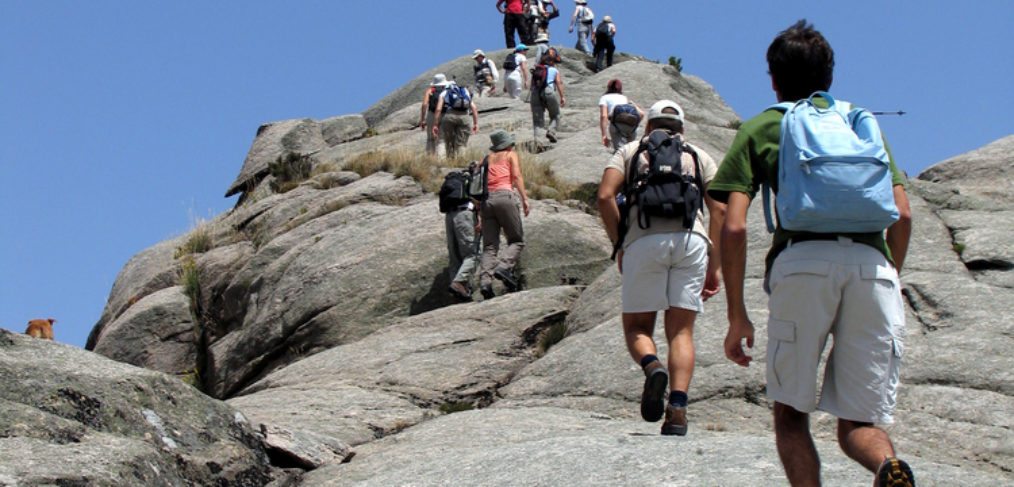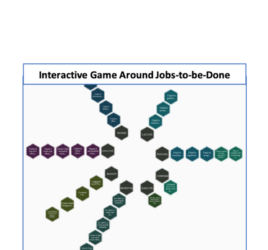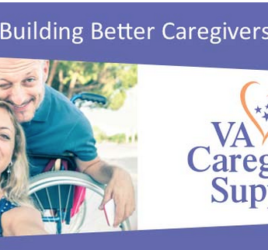
Mastery Experiences Drive Self-Efficacy
Self-efficacy, or confidence as it is commonly known, is the optimistic self-belief in one’s competence or chances of successfully accomplishing a task and producing a favorable outcome. Self-efficacy is certainly worth having because as Henry Ford famously put it, “Whether you believe you can or you cannot, you are right.” Gandhi perfectly understood the central role of self-belief:
“Your beliefs become your thoughts. Your thoughts become your words. Your words become your actions. Your actions become your habits. Your habits become your values. Your values become your destiny.”
Self-efficacy plays a major part in determining our chances for success; many psychologists rate self-efficacy above talent in the recipe for success. So where does self-efficacy come from and how can one get more of it? In this piece we will focus on one of the 5 main ways to increase self-efficacy (see table below), Mastery Experiences, and how they drive increased self-efficacy.
At Canary Health, we have worked to operationalize the research of Albert Bandura, the originator of the core theories around self-efficacy, and other scientists. We structure our approaches around five principal sources of self-efficacy (see table below). The first and foremost source is through Mastery Experiences because they provide the most authentic evidence that one can muster what it takes to succeed. In other words, seeing that one can succeed fuels our confidence that one can continue to succeed; it builds our self-efficacy. Nothing is more powerful than having a direct and positive experience of mastery to increase self-efficacy. And importantly, while success in one domain clearly builds confidence in that domain, it also contributes to general self-efficacy and builds broader confidence. For example, having success in one domain, such as being able to accomplish a health-related goal, leads to success in other domains such as interpersonal relationships. In other words, successes build a robust belief in one’s personal efficacy in a range of domains.
The power of Mastery Experiences to increase self-efficacy depends upon a number of factors, including the difficulty of the task, the pattern of success, the amount of effort expended, the amount of external aid received, and the circumstances under which the task is performed. Tasks where perceived difficulty slightly exceeds the participant’s confidence provide meaningful challenge and promote efficacy beliefs. To have a resilient sense of self-efficacy requires experience in overcoming obstacles through effort and perseverance. The art is to find the right balance between challenge and achievability. Tasks should have just the right amount of challenge to make them difficult but not impossible for the individual to accomplish.
As we’ve discussed, at Canary Health we’re deliberate about the design process and, along with our collaborators from the Self-Management Resource Center, have consciously constructed Better Choices, Better Health’s (BCBH) user experience to optimize for Mastery Experiences. In particularly, each week participants are asked to determine concrete and meaningful Action Plans. Deliberately we do not recommend goals but rather support participants to identify what is meaningful for them to achieve in the coming week. While setting their Action Plan, the program prompts participants to reflect on their confidence in achieving that plan. Based on their response both automated and peer facilitator coach led interactions help guide a participant to setting Action Plans for which they are confident enough in while still being a challenge. These Action Plans are shared with the workshop participants to provide comments, tips, and support. In particularly, a peer facilitator coach reads and comments on every Action Plan. Success is achieved weekly as we ask participants to comment on their success and then take what they have learned into their next Action Plan.
In summary, a participant sets a weekly stretch goal, receives encouragement and support from peers, and overcomes barriers. During the 6-week workshop participants sustainably increase their self-efficacy leading to improved long-term well-being and health.
Methods to Increase Self-efficacy (Source: Bandura)
| Methods to Increase Self-Efficacy | Description |
1. Mastery Experiences |
Mastering an activity or concept provides the most authentic evidence of whether one can muster whatever it takes to succeed.
|
2. Vicarious Experiences
|
By watching others, people can gain vicarious information that plays a role in their belief in their own abilities
|
3. Verbal Persuasion
|
People can be convinced that they have the ability to succeed at a task through positive verbal encouragement and social pressure.
|
4. Physical and Mental States
|
Stress levels, moods, emotions, and arousal levels all play a role in helping people determine if they are capable of tackling a challenge.
|
5. Visualization (Imaginal Experiences) |
The ability to imagine future success to build belief that succeeding is possible.
|


